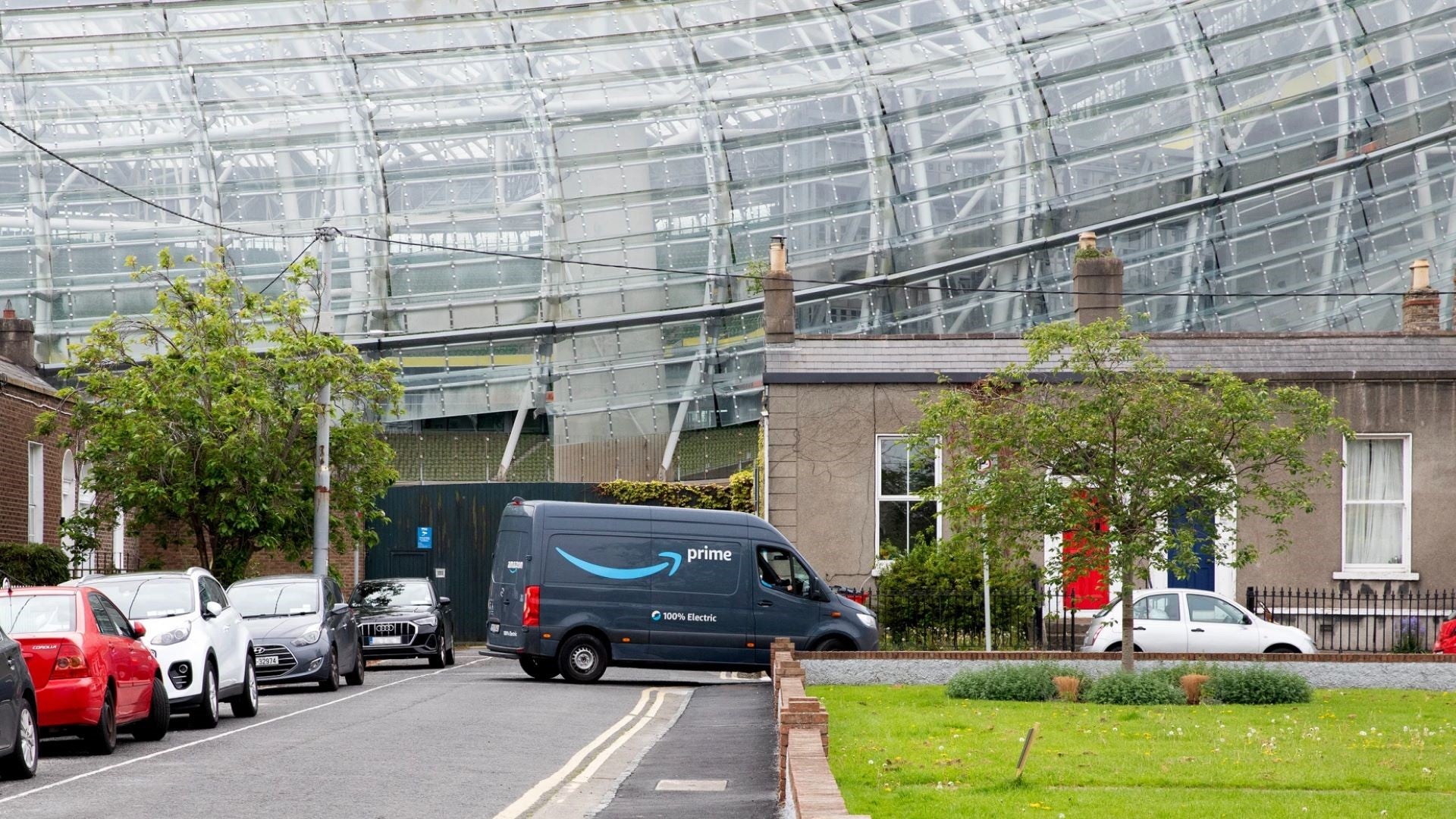Entertainment
It could take 20 years to bring NI education up to Republic’s standard – study

It could take up to 20 years to revamp Northern Ireland’s education system to bring it up to the same standard as the Republic, a study has suggested.
The report, from the Institute of International and European Affairs, suggests that the Government in Northern Ireland would have to invest more and change how it runs its education system to narrow the gap with the Republic.
The details were published in the report which also shows that a united Ireland would cost the Republic some 20 billion euro a year for 20 years.
This would require an increase in taxation and a significant reduction in public expenditure.
A new paper ‘Northern Ireland Subvention: Possible Unification Effects’ authored by Co-Chair of the @IIEA Economists Group, John Fitzgerald and Member of the Economists Group Professor @MorgenrothEdgar has been published. Read the full paper here: https://t.co/C3SimRAVcn pic.twitter.com/ndlvAQgxUq
— IIEA (@iiea) April 4, 2024
Professor John FitzGerald, co-author of the report, said the Northern Ireland education system has not advanced in a similar way to the Republic.
“Changing education takes time. It would take probably about 20 years before they caught up,” Prof FitzGerald said.
“The Northern Ireland education system was better than the Republic up to 1970, but we then introduced free secondary education.
“The way we did it is that kids in Cootehill, or Claremorris, or Chapelizod go to the same schools.
“In Northern Ireland, 40% of kids go to the really good schools, the grammar schools, and nearly all of them go on to university.
“The other 60%, in particular those from disadvantaged backgrounds, go to what are called secondary schools.
“An awful lot of them drop out already and that’s a real cost to society.
“There has been a series of studies which shows that kids from disadvantaged backgrounds (have) very poor access to education and they drop out early.
“The other thing in Northern Ireland is an awful lot of their kids, especially from a Protestant background, go to Britain for university and never come back.
“In our case, many graduates do go abroad but they’re like homing pigeons, the bulk of them come back.”
Prof FitzGerald outlined the costs the Republic would have to plug between Northern Ireland’s revenue and expenditure.
“In 2019 to the central government in London had to transfer 11 billion to Northern Ireland to pay for health, education and so on,” he told RTE.
“The gap would be somewhat smaller in the case of unification because the British Army costs a lot. But it would just knock about a billion off the costs so you’re down to 10 billion.
“Also, welfare payments and public sector pay rates are dramatically lower in Northern Ireland than the Republic. You couldn’t really have unification and have the poor cousins up north paid two thirds of what they are in the south.
“So that would cost 10 billion to equate social welfare payments and public sector pay.”
He added: “If you have to find 20 billion, that’s like a third of a bank bailout every year, it’s a lot of money.
“It would be very expensive. The solution is if Northern Ireland dramatically changes how they run their economy, in particular in the educational sphere, which would mean that the gap between the North and the South would narrow, and also that at that their revenue would rise substantially more.”
He also cast doubt on whether the British Government would pay towards the reunification.
“I think that’s unlikely because, if Scotland became independent, it’s much bigger and if they were exceptionally generous with Northern Ireland, it would actually break the UK if they had to be as generous with Scotland,” he added.
“You could see a transition for two or three years.
“But the way it would happen, there would be a referendum in the North, vote for unification. There would be a referendum in the South. My real fear is that we in the South would vote no because it’d be too damned expensive.
“But assuming it goes through you, then goes (through) the British and say ‘we’re leaving and unification is going to happen. Now what will you give us?’ And at that stage our bargaining power is gone.
“Those who advocate very strongly for Irish unity trust British generosity and I’m not sure that when we’re richer than the British that they would be generous.”








